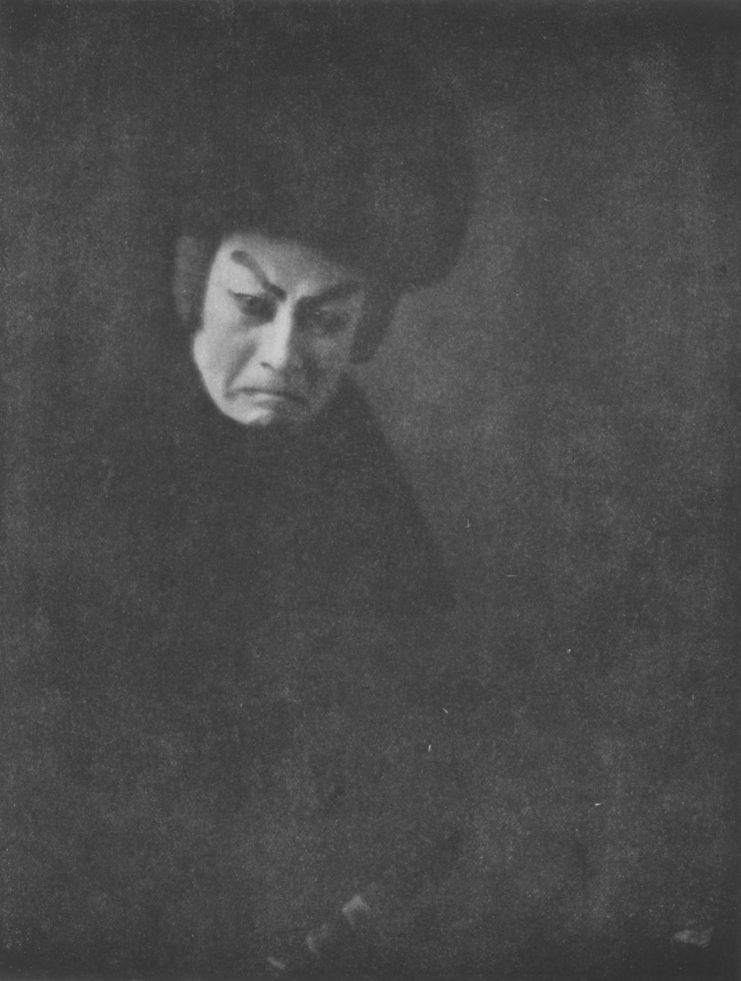PERSON OR ANIMAL
 Sunday, January 13, 2013 at 4:15PM
Sunday, January 13, 2013 at 4:15PM Several people have the same conversation with their sisters. She has been subject to some great injustice, and as a result she will have to leave the country. These people have never met, but two of them are linked by a mutual friend, who upon hearing the similar stories related in separate contexts decides to make an introduction. When they meet, they share their mutual, casual surprise. “Where is your sister moving?” “Guatemala. Where is your sister moving?” “England.”
If my dog and your dog are the same sort of dog, it is possible that people will not be able to tell them apart.
Disconnection has a deep-seated affect as its predicate. Although disparity does not implicitly contain despair it is built by lack, and lack always resembles loss and loss is associated with despair. In that way, despair is nothing more than the cornerstone of the disparate. Despair in itself precludes the affect it produces – its trappings are performed.
When your favorite person or animal dies, they will grind up the bones and mix them into the mortar that will be used to build an unassuming apartment house downtown.
When things are the same, they cannot be any more different.
